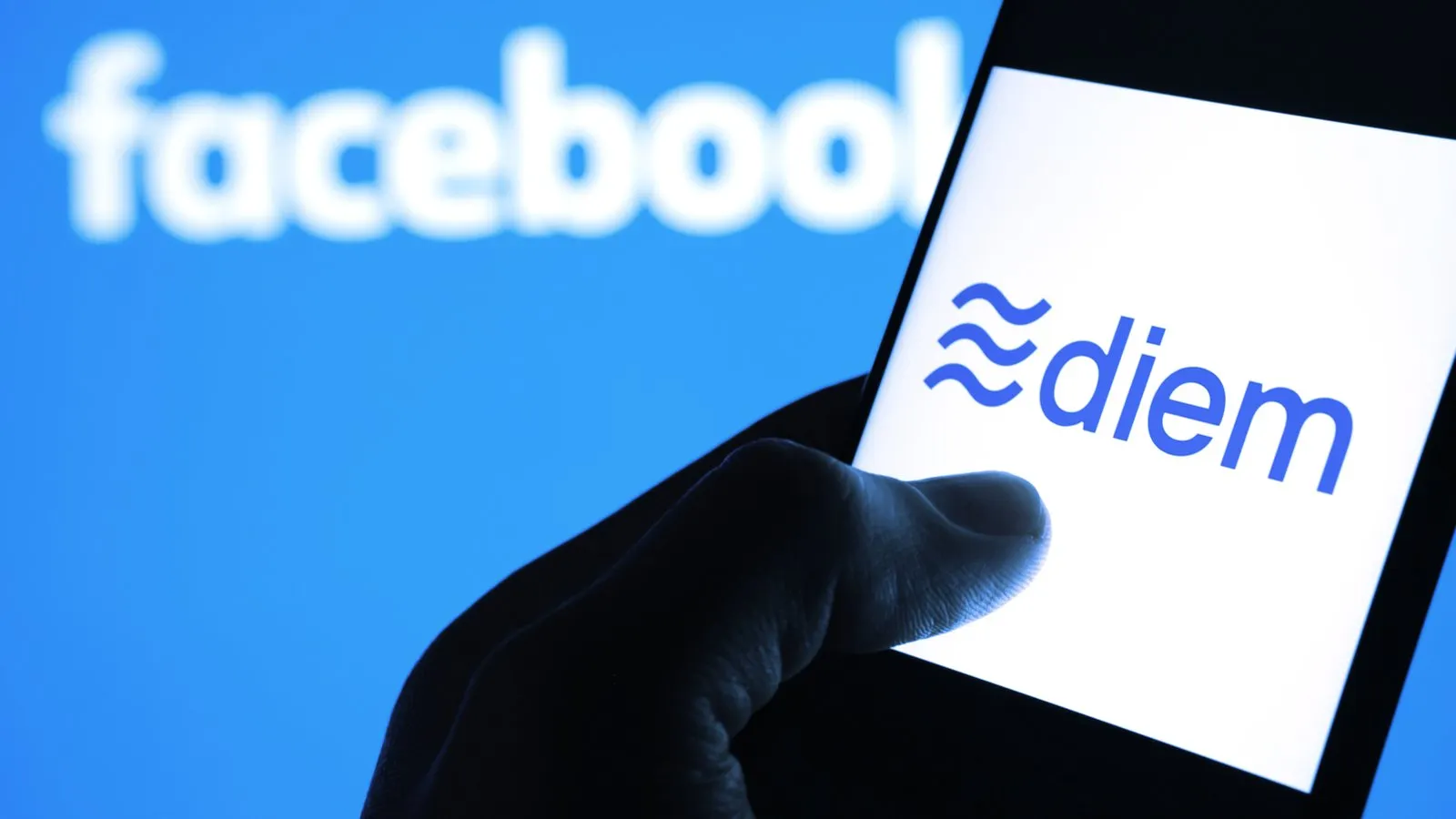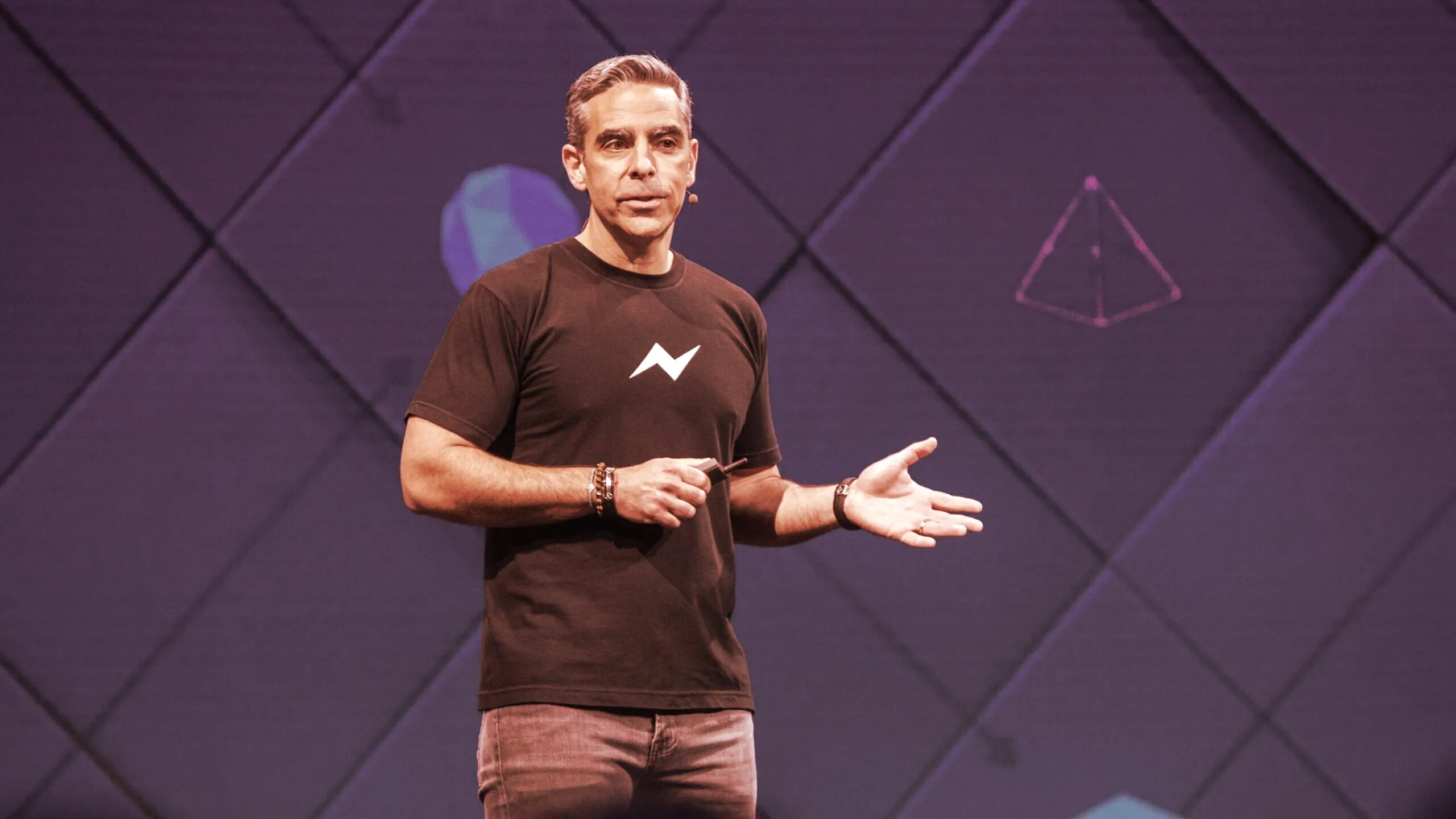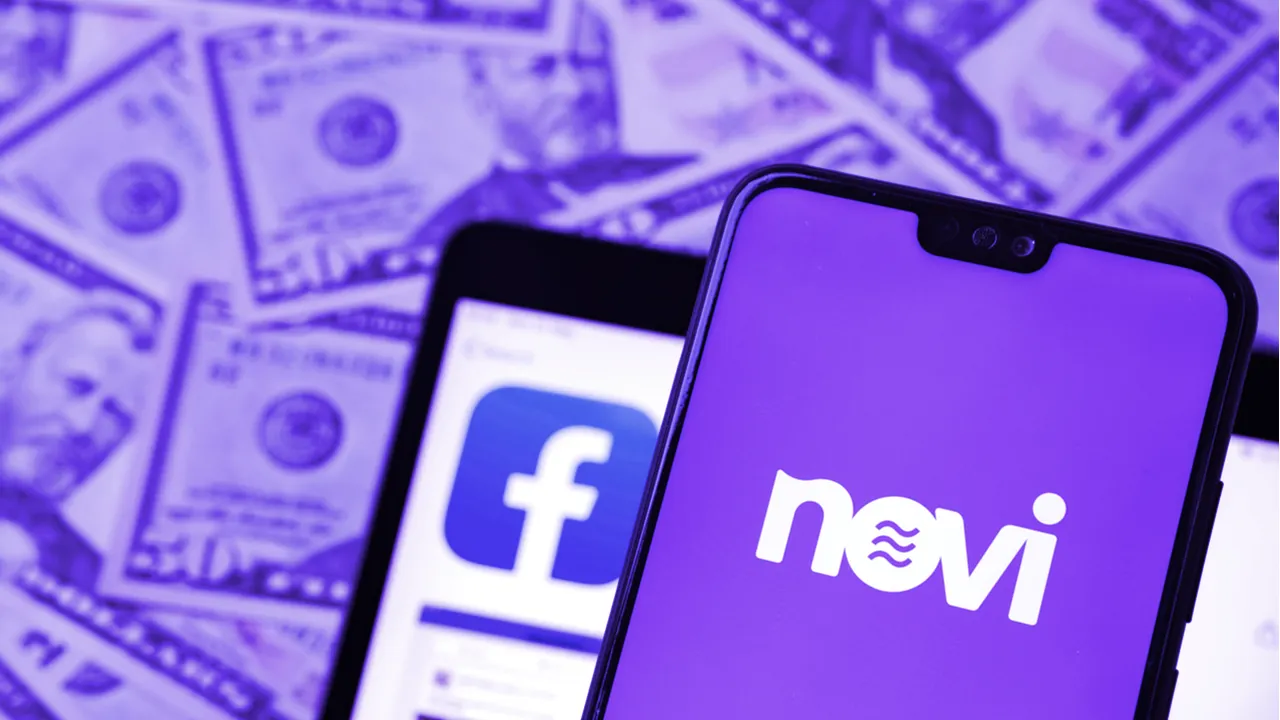The white paper that lays out the blueprint for Facebook’s cryptocurrency, Libra, is dropping tomorrow—and it’s expected to be one of the most high-profile cryptocurrency announcements from a major tech company in recent memory.
But, ever since rumors first emerged in 2017, there’s been a ton of news, and informed speculation, about the impending cryptocurrency. And the more that comes out, the more split the crypto world is between people who think Facebook’s stablecoin will legitimize the industry—and those who believe it will be yet another dystopian nightmare inflicted on us by the social network.
On the eve of the reveal, then, let’s review what we know (or think we know) so far.
1. Libra Coin will be backed by a consortium of high-profile Silicon Valley backers
Facebook reportedly will be ceding control of its cryptocurrency network to a consortium of fellow Silicon Valley heavyweights called the Libra Association, which will include Visa, Mastercard, Spotify, Uber, Paypal, Vodafone and eBay. Each is paying $10 million for the privilege of running one of Libra’s multiple nodes, which some have surmised will translate to access to all of the network’s transactional data. Facebook also reportedly sought to raise $1 billion from outside backers to invest in its cryptocurrency (to convey a sense that the network will not be controlled by Facebook.)
2. It will be a stable coin
The search for a stable coin—a cryptocurrency whose notional market value tracks closely with a regular, fiat currency—has been something of a holy grail in crypto. Libra, for its part, will be pegged to a “basket” of real-world currencies, including the US dollar, the Japanese yen and the euro, according to the BBC. It also will be used for in-app payments across around “a dozen” countries, and Facebook has reportedly sought to work with online merchants to build interoperability with the cryptocurrency. The money pitched in by the consortium members will reportedly be used as collateral—stored in the currency’s underlying “Libra Reserve."
3. Facebook is launching a proprietary blockchain
According to The Block, Libra will shortly roll out on a testnet before its full launch next year. A leaked blog post, drafted by Facebook in anticipation of the launch, frames the Libra Network as a more effective, secure and adoption-worthy blockchain than those already in operation.
4. But some are saying the whole play is faux crypto
Coindesk reported that several companies who’d been approached to join Facebook’s consortium declined. They demurred on the grounds that Libra was at odds with the kill-the-gatekeepers ethos espoused by a large swath of the cryptocurrency “community.” The argument: a currency controlled by high-profile backers in league with one another presents an obvious point of failure, striking an unhappy middle-ground between the inefficiency of decentralized systems and the manipulation-prone insecurity of centralized systems.
“It has nothing to do with blockchain. Fully private, controlled, centralized, verified and authorized by a small number of permissioned nodes,” famed blockchain hater Nouriel Roubini told Coindesk today. “So what is crypto or blockchain about it?”
Still, in something of a nod to the hacker ethic, Facebook will apparently be releasing Libra’s software under the Apache 2.0 open source license.
5. Facebook has been pitching its token to the major exchanges
According to the New York Times’s Nathaniel Popper, Facebook sought to collaborate with several large cryptocurrency exchanges, among them Coinbase and, as the Financial Times reported, Gemini—the exchange run by self-proclaimed snubbed Facebook inventors Cameron and Tyler Winklevoss. That’s probably obvious but it means the currency itself will be a tradable asset, like any other coin—only, we imagine, with a market cap that will challenge, if not usurp, Bitcoin.
6. Facebook CEO Mark Zuckerberg has been talking up a new privacy-centric data model
Zuckerberg told Harvard legal professor Jonathan Zittrain earlier this year that he was considering putting Facebook Connect, the network’s login portal, “on the blockchain,” and that he found blockchain-based privacy solutions “quite attractive,” while acknowledging the potential security downfalls.
Other things he said gave the impression Libra—if that is what he was referring to—would resemble a cryptified PayPal. Take a figurative listen to what Zuck said: “Payments is one of the areas where we have an opportunity to make it a lot easier. I believe it should be as easy to send money to someone as it is to send a photo.”
7. Facebook is working to appease the regulators
In May, Congress approached Facebook for a deeper understanding of its cryptocurrency project, asking whether it had made an effort to reach out to prospective users and what measures it would implement to protect their privacy, resulting in the company’s acquisition of two of Coinbase’s compliance officers. And as the BBC reported, Facebook has also been careful not to rile regulators across multiple countries, and has apparently sought to work with them closely.
And, given that Facebook forked up around $13 million on lobbying efforts last year, some observers speculate that the project will spur a clarifying new wave of pro-crypto regulations. This rising tide, say some, will lift all crypto and clear the way for massive new development.




